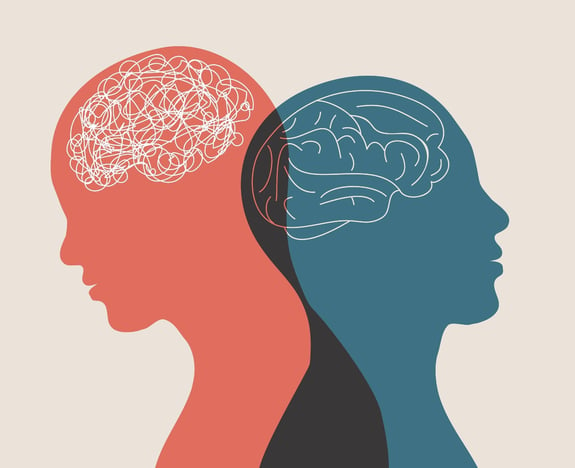There is no dispute that Florida’s population is aging and a lot of those individuals choose to live out their final years in their personal residences, alone, rather than in nursing homes or assisted-living facilities. There are also times when other individuals may experience certain mental health issues that make them unable to adequately care for themselves. In a good percentage of these cases, there are no family members close by, or willing, to assist their family member. Associations are often at a loss with how to assist these individuals, plus, we are not healthcare or mental health providers, so we are not equipped to address such matters.
Depending on the severity and facts of a particular situation, the association should attempt to contact known relatives to determine if there is someone available to assist that individual. This is why it is vital that you have emergency contact information for all your residents and that it is kept up to date by having your residents fill out a new form every couple of years or even every year when you send out the Owner Information Update Sheets.
There may also be times when a resident doesn’t want the family to help or the family is unwilling to help. There are some options that you can give to the resident or their family to assist them in time of need, such as the Elder Helpline or Elderaffairs.org (information is provided as an attachment to this newsletter.
The association can contact Code Enforcement if the property is in so disrepair that it is a code violation. For issues regarding self-neglect, the Adult Protective Services Abuse Hotline can be called at 800-962-2873. They should send out an investigator to investigate and perform assessments pursuant to Chapter 415 of the Florida Statutes, which allows the state to intervene in the instance that “senior neglect” is suspected.
Finally, local law enforcement should be contacted if the association is concerned for an owner’s safety. They can perform a “welfare check” to check on the safety or well-being of a person. Such a check could lead to involuntary commitment pursuant to the Florida Mental Health Act, also known as the Baker Act. This is occasionally a viable option when a person’s inability to care for themselves presents a danger to themselves or others. This is not an easy thing to do as an outsider, however, this is something that I had to do in a community I managed where we had not 1 but 3 people with mental health issues. It becomes very necessary if the individual’s living situation may damage other units, such as in a condo, or become an issue of safety to your staff or other residents.
If the resident refuses to accept the assistance offered by family or applicable agencies and, instead, continues to cause problems for other residents, or create hazardous conditions, the association could attempt to enforce the relevant provisions of the association’s governing documents, usually through a nuisance provision. There is no clear answer and you should always get advice from your association attorney when all other options have failed.
Click here to view the Senior Guide to Community Services in Palm Beach County.
Click here to view Florida's Department of Elder Affairs contact page.
